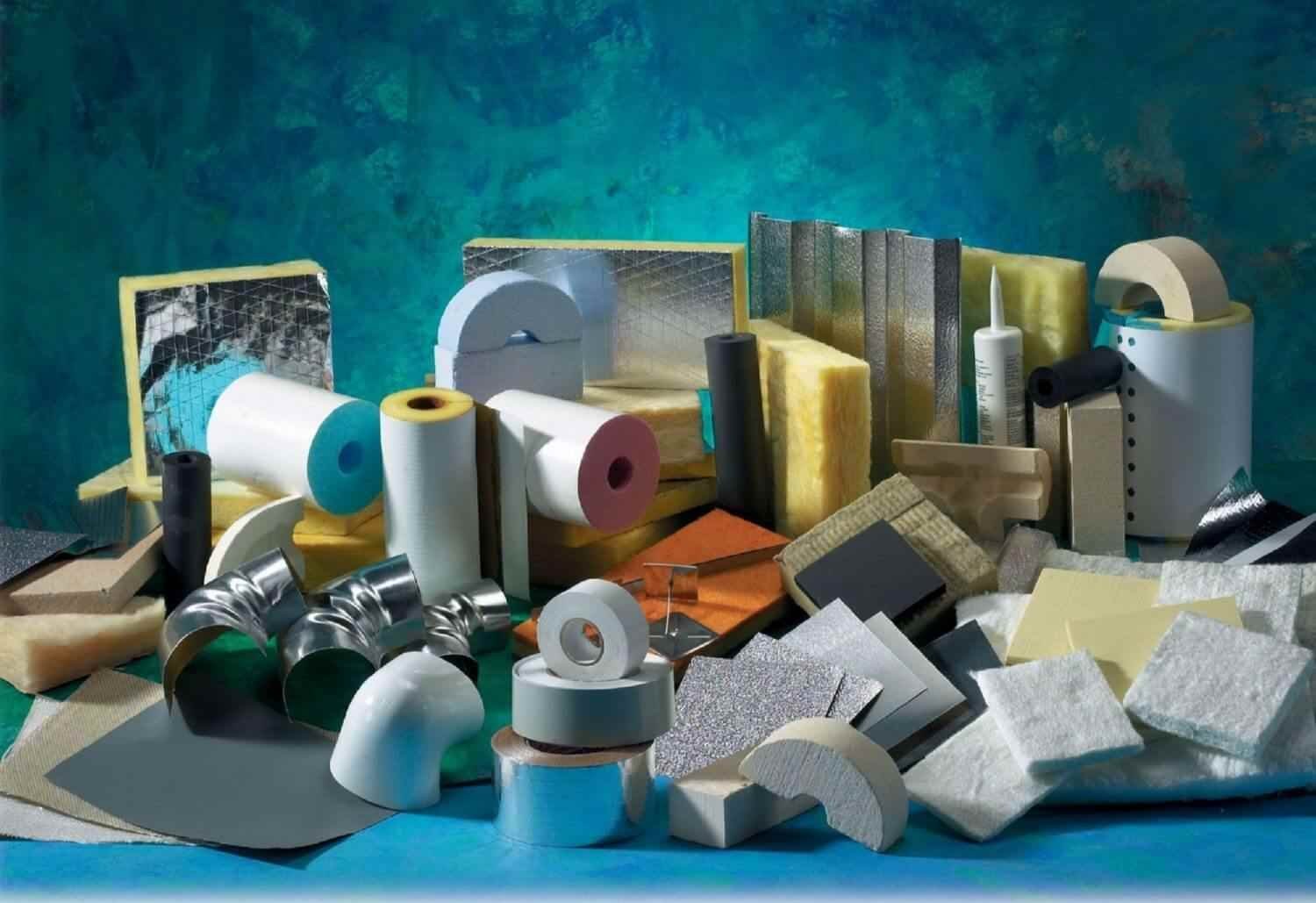 Insulation materials can vary depending on their purpose and the area of application. Generally, the following materials are used for insulating structures:
Insulation materials can vary depending on their purpose and the area of application. Generally, the following materials are used for insulating structures:Fiberglass and mineral wool: These materials are used for thermal and sound insulation and can be applied to various surfaces such as walls, ceilings, and floors.
Extruded polystyrene (XPS) and polyurethane foam: Popular choices for thermal insulation, available in sheets or sprays, ideal for filling voids in walls or other areas.
Expanded polystyrene (EPS): Lightweight and flexible material used between walls or for exterior insulation.
Mineral wool: Often preferred in industries requiring high thermal resistance, typically used in applications like plumbing pipes or boilers.
Foam glass: Ideal for industrial applications needing high thermal resistance, especially in high-temperature environments.
Water and moisture insulation materials: Used to prevent water penetration and control humidity, including waterproof membranes, special coatings, and sealants.
Fire-resistant insulation materials: These materials are used to prevent or delay the spread of fire and smoke during a fire incident. Examples include fire-resistant coatings and specialized fire insulation panels.
The choice of insulation materials may vary based on building structure, climate, budget, and other factors. A professional architect or engineer can assist in selecting the most suitable material.